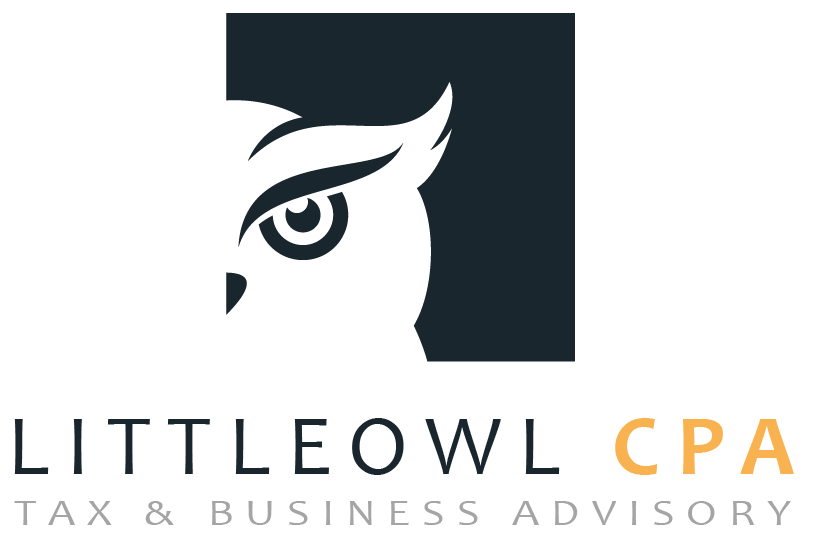The Qualified Business Income (QBI) deduction, otherwise known as Section 199A, was introduced under the Tax Cuts and Jobs Act of 2017. This deduction allows owners of pass-through entities to claim a deduction of up 20% of qualified business income.
Criteria for the QBI Deduction
Qualified Business Income: QBI includes net income, gains, deductions, and losses from a qualified trade or business in the United States. This does not include capital gains or losses, dividends, interest income, or charitable contributions.
Pass-Through Entities: This deduction is available to owners of the following:
- Sole proprietorships
- Partnerships
- S-corporations
- Limited liability companies
Specified Service Trades or Businesses (SSTBs): There are certain services businesses that face limitations on the deduction when their income exceeds specific thresholds. For example, businesses in health, law, accounting, and consulting are all considered SSTBs.
Income Thresholds: QBI is subject to limitations for individuals with taxable income exceeding a certain threshold. For 2024, the taxable income thresholds are $182,100 for single filers or $364,200 for married filers in 2024. Taxpayers that are above the threshold amount must apply a limitation which could reduce QBI the deduction.
Calculating the QBI Deduction
- The QBI deduction is 20% of qualified business income but there are factors that can influence the final deduction amount.
- If taxable income exceeds a certain threshold, the deduction may be limited to the lesser of:
- 20% of QBI, or
- The greater of:
- 50% of W-2 wages paid by the entity, or
- 25% of W-2 wages plus 2.5% of unadjusted basis of qualified property
- If your business is an SSTB and your income exceeds the threshold, then the deduction phases out completely. If your income is within the phase-out range, then the deduction is reduced.
Maximizing the QBI Deduction
- If your income is near the threshold, consider either deferring your income or accelerating deductions.
- For S-Corporation owners, balancing salaries and distributions can help maximize your deduction. For example, reducing W-2 wages and increasing distributions can potentially increase your QBI deduction.
- Retirement contributions can help reduce taxable income below the phase-out threshold.
Drawbacks and Considerations
- Be sure that the income you take into consideration is qualified. Income from investments, foreign sources, or wages as an employee does not qualify.
- Maintaining a detailed record of business income and expenses is essential for accurate calculations.
If you have questions about how this topic will impact you, Team LittleOwl CPA is here to help. Contact us today!


